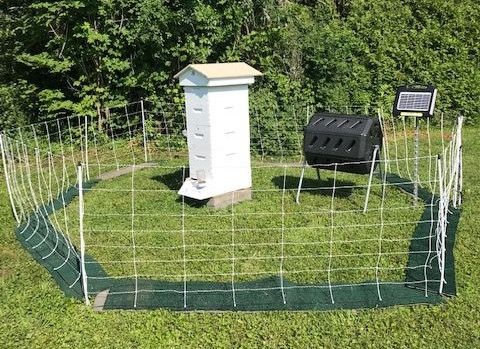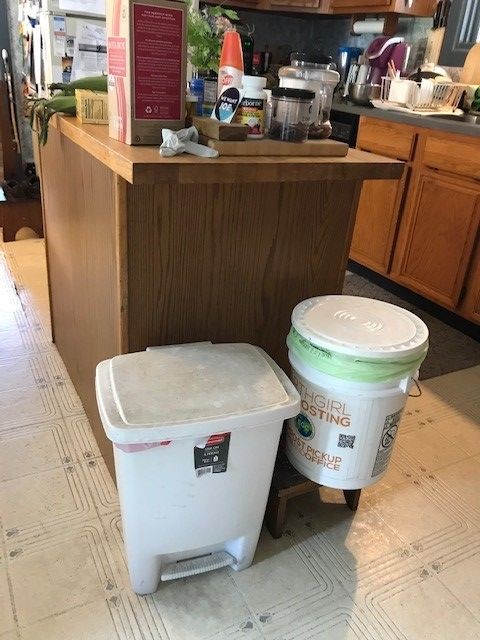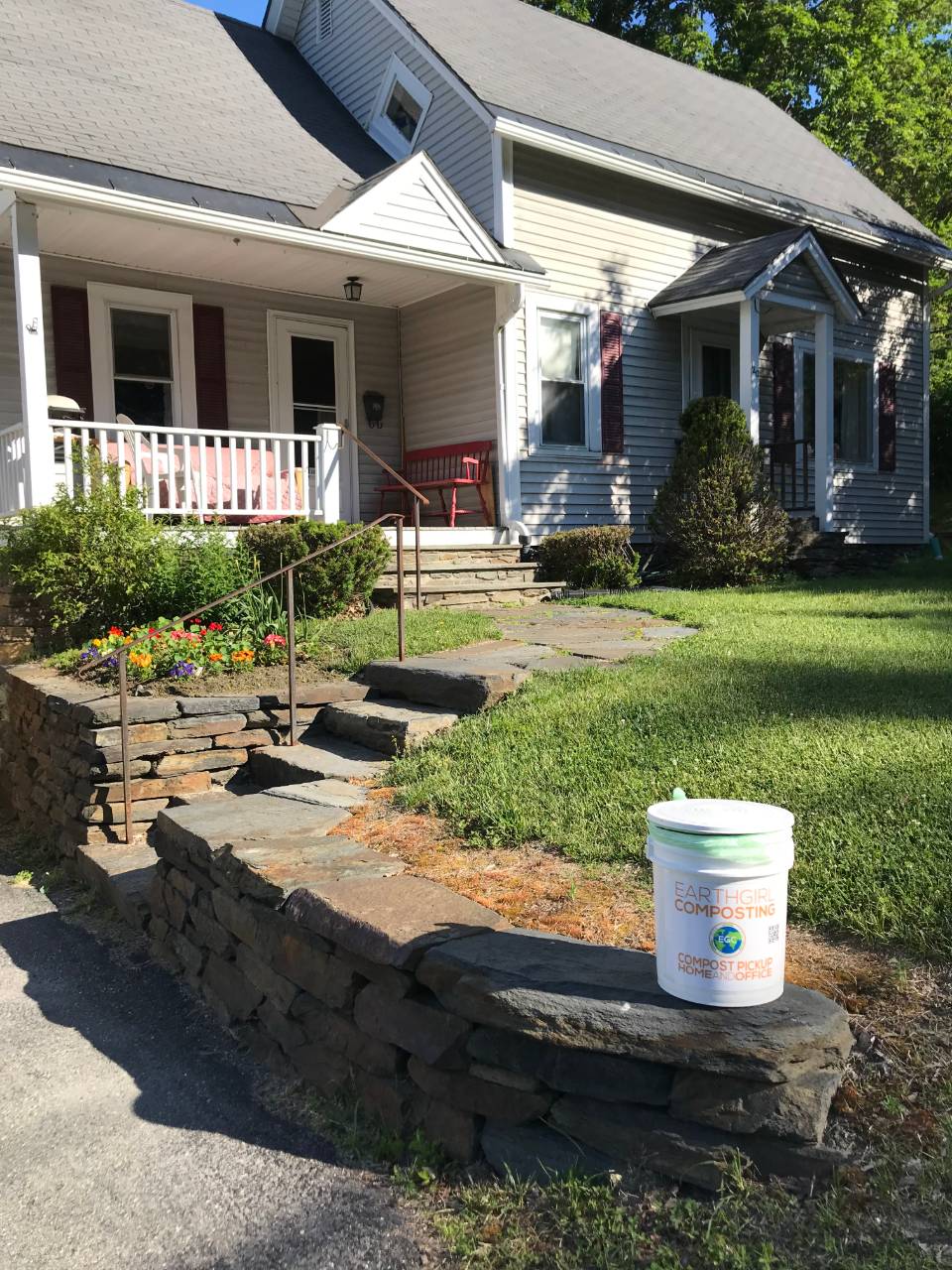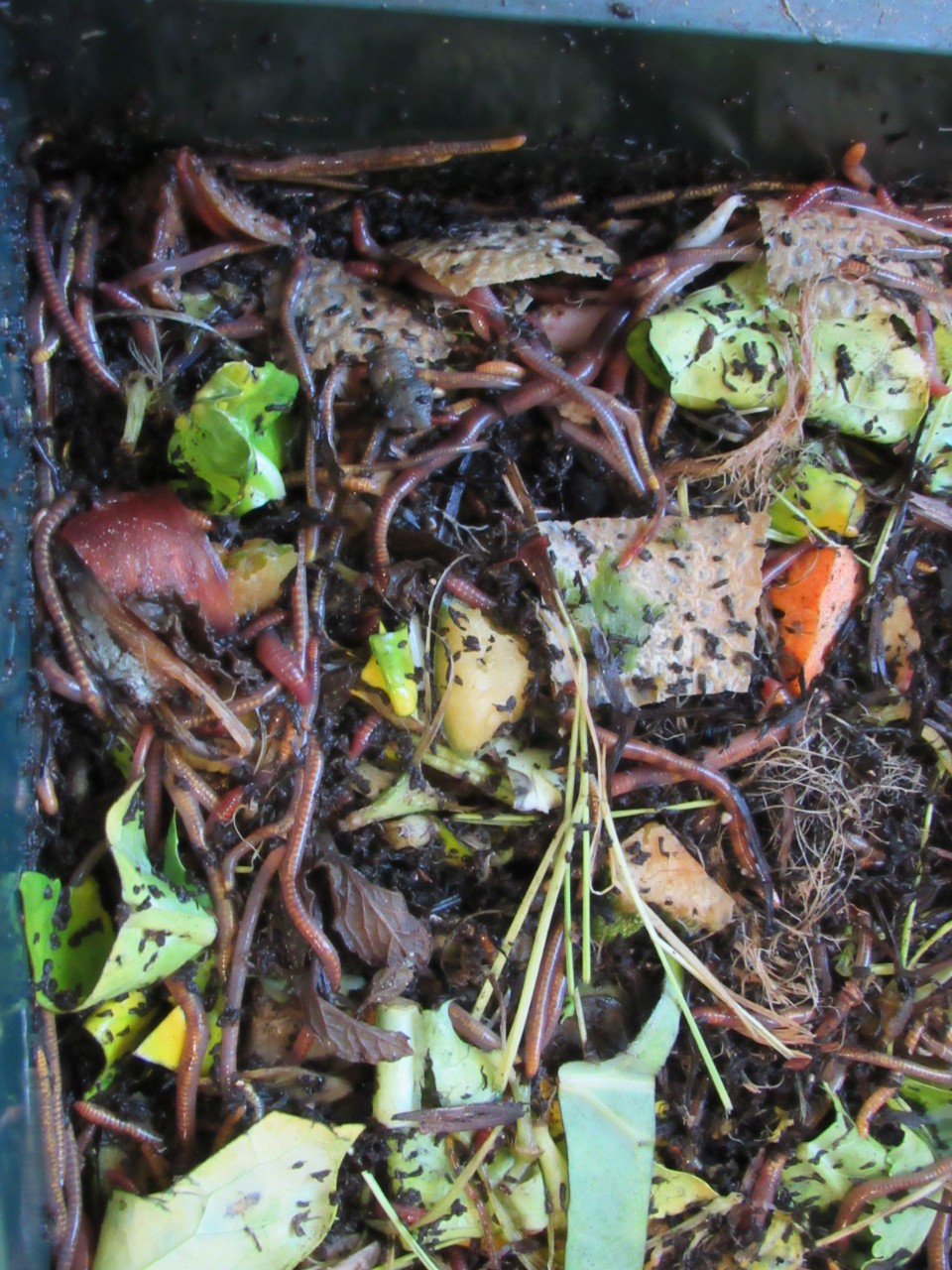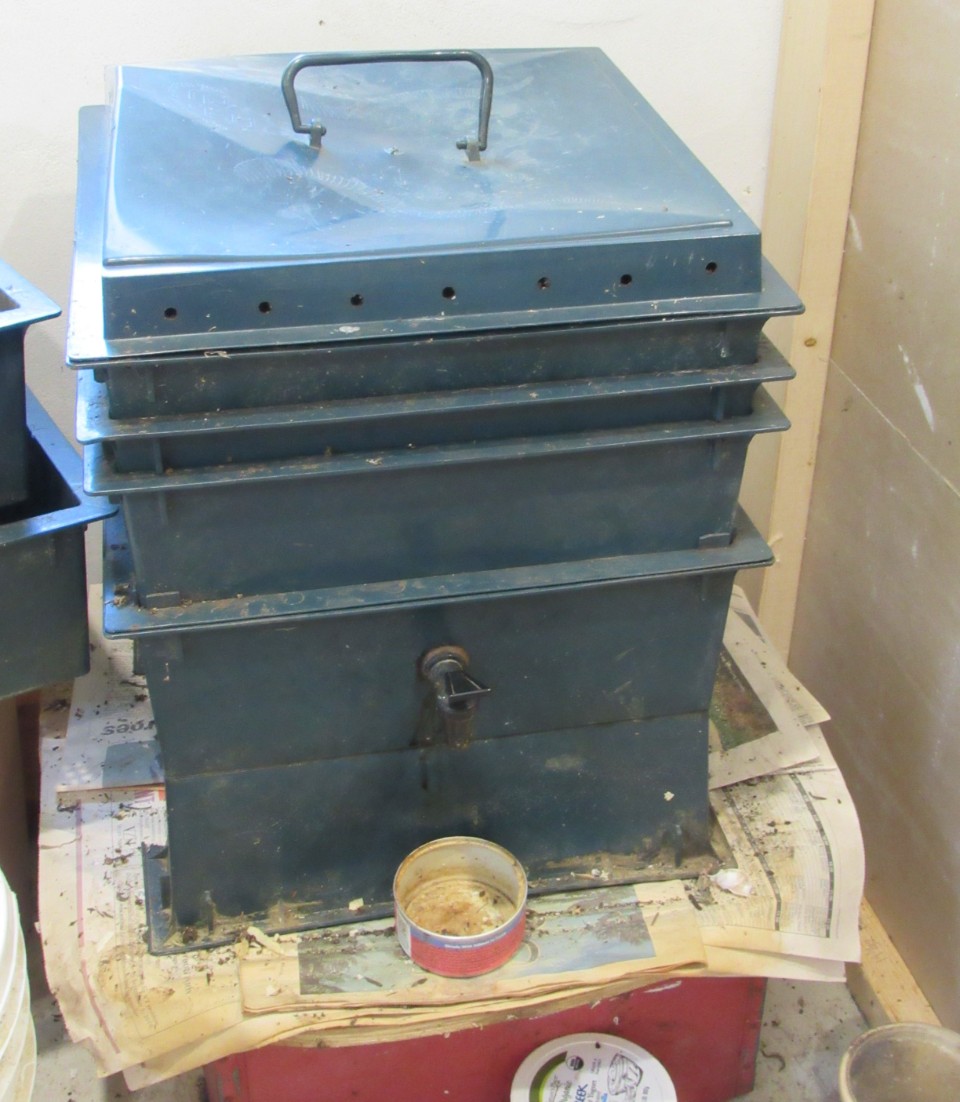How long has your business been separating food scraps from the trash?
We’ve been composting for a handful of years. It started with awareness and information in high school and grew into more as the years went by. We got a home unit from Green Mountain Compost around 6 years ago to make compost material for our garden and signed on with No Waste Compost a few years ago for weekly pickup at our home. So, when we opened Willow’s, it was an easy transition to larger scale composting, and it felt important to push toward being a greener business. Currently everything we use for regular orders (sandwich wraps, coffee cups/lids, etc.) is compostable, and we’re constantly working to find alternatives to the last few items we use more sporadically.
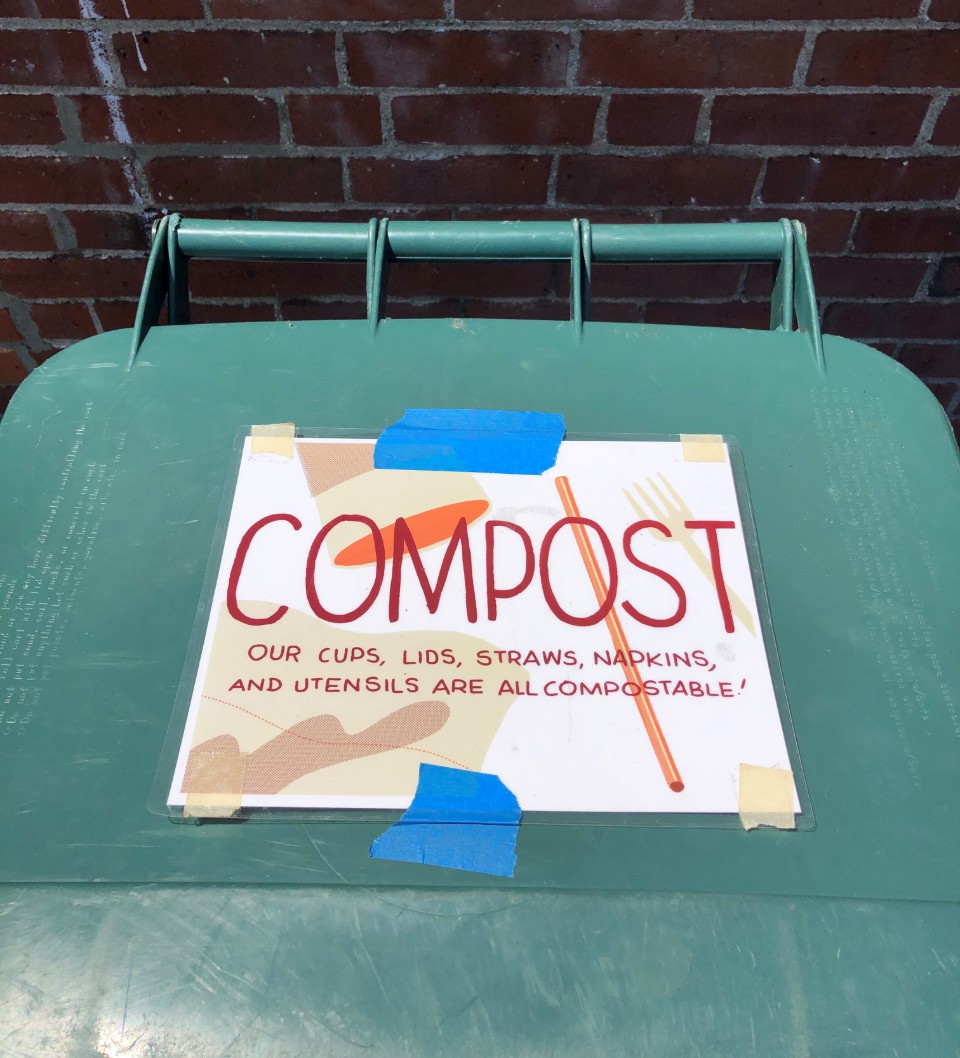
Why did you start separating your food scraps from the trash? How do your staff and customers feel about it?
We separate food scraps from trash to be conscious of our waste and our environment. The more we throw into the trash, the more we waste beneficial material for our farms and gardens. Our staff has been excited about our focus on being a greener business. They’ve been on board from the very beginning, especially considering how many items would end up in the trash at a different restaurant. We ask our customers to separate compost from trash, but usually every item they have is compostable!
Has separating your food scraps from the trash made you notice anything about your cooking habits or customers’ eating habits?
The biggest thing we’ve noticed has been how much food waste comes from anticipating how much business we’ll get on a certain day. We prep for what we expect, with a small buffer, and when days are slow, we end up with several dozen leftover bagels. At the start, they all ended up in the compost, but we quickly found places to donate. Our customers habits have been largely positive. Since our cups say they’re compostable, most people ask items should go into which bin. Sporadically, we’ll need to pull cups and other items from the recycling, but rarely do we find our compostables or food scraps in the trash. It’s affirming to have our customer base involved in our missions!
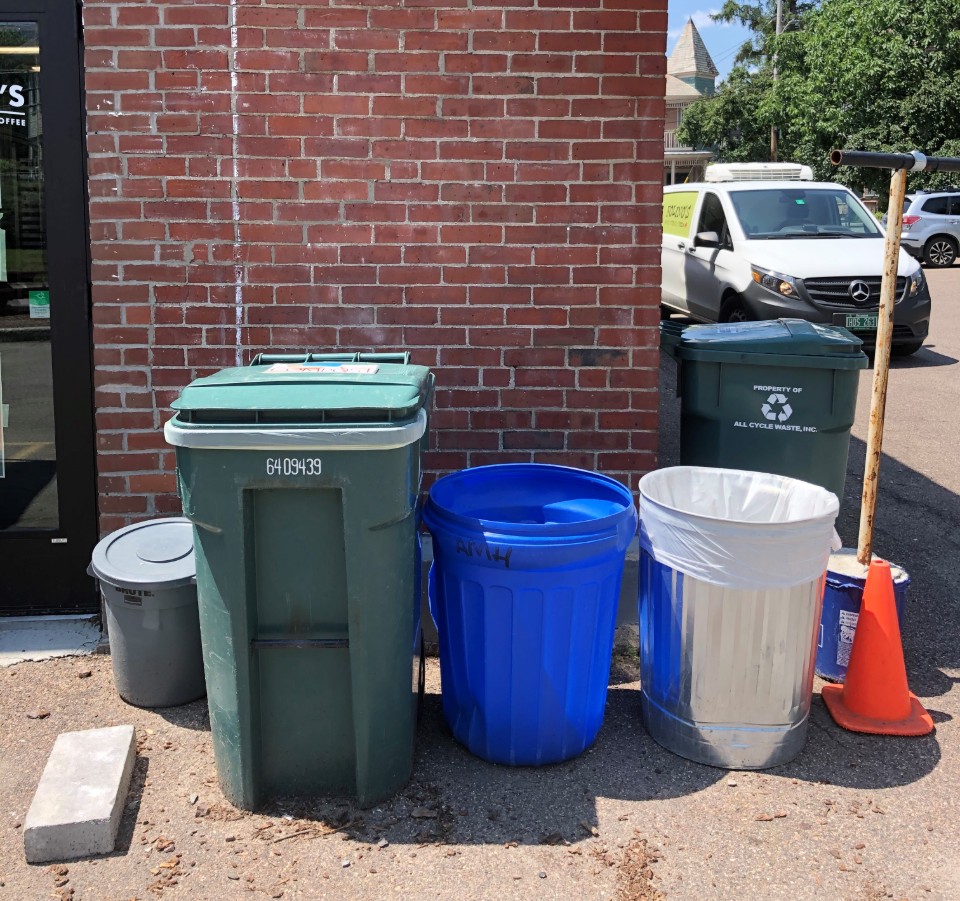
Please explain your system for collecting food scraps.
Currently we have three compost bins, two trash bins, and a recycling bin. Surrounding the compost bins, we have signage explaining what is compostable and what should be put in the trash.
How often do you bring your food scraps to a drop-off site?
We bring our compost to Green Mountain Compost once or twice a week depending on how busy we are. Last year, we brought around 8 tons of compost, and we were invigorated by how small shifts in our behavior and the behavior of our customers could keep such a large amount of reusable matter out of the landfill.
What do you like about the process or why are you still doing it?
We’re committed to composting in a deep way. It’s a large part of who we are as a business and as people. We do this for ourselves, our community, and our environmental impact as a restaurant. We are responsible for what we put into the world, from both the perspective of our food and also our waste.
What would you say to encourage someone who is hesitant to separate food scraps from the trash?
You may be worried about the smell of your compost, or maybe the bugs that make it their home, but there are easy ways to mitigate those issues by keeping your buckets and bins clean, using compostable bags, and signing up with services to take it away regularly. The ability to watch and curb your eating/wasting habits is worth the initial ick factor, and with a little time it becomes second nature.


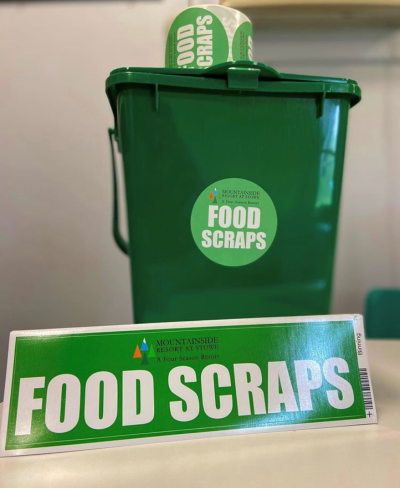
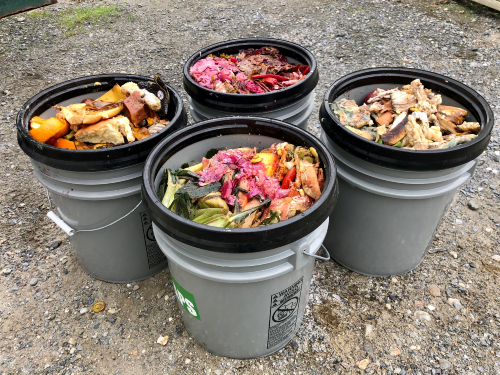
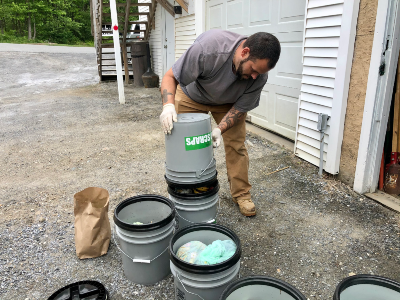
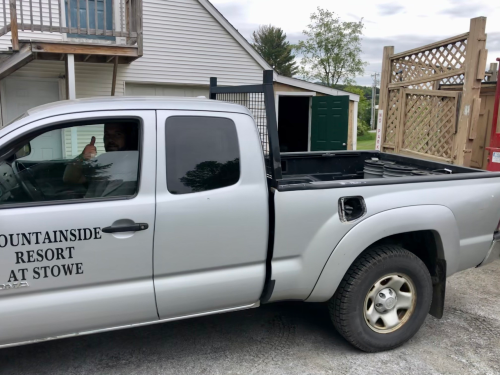
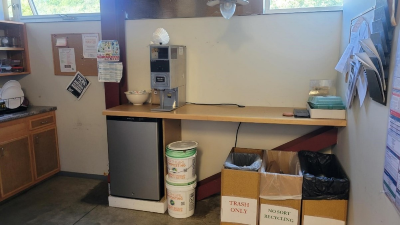
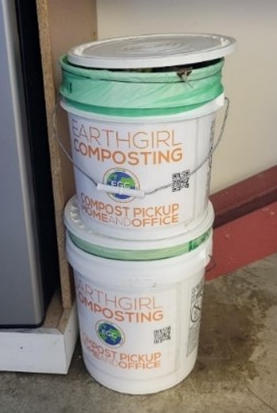
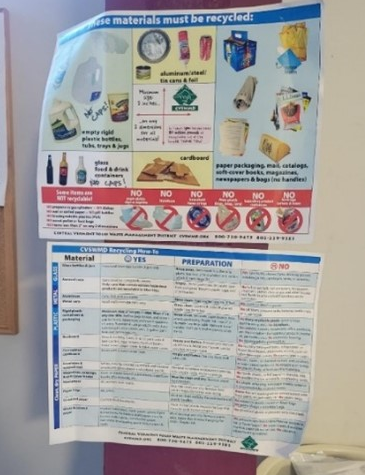
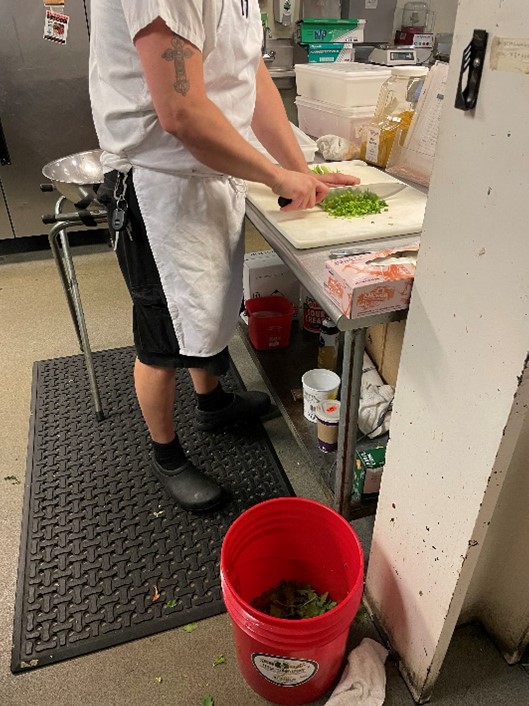
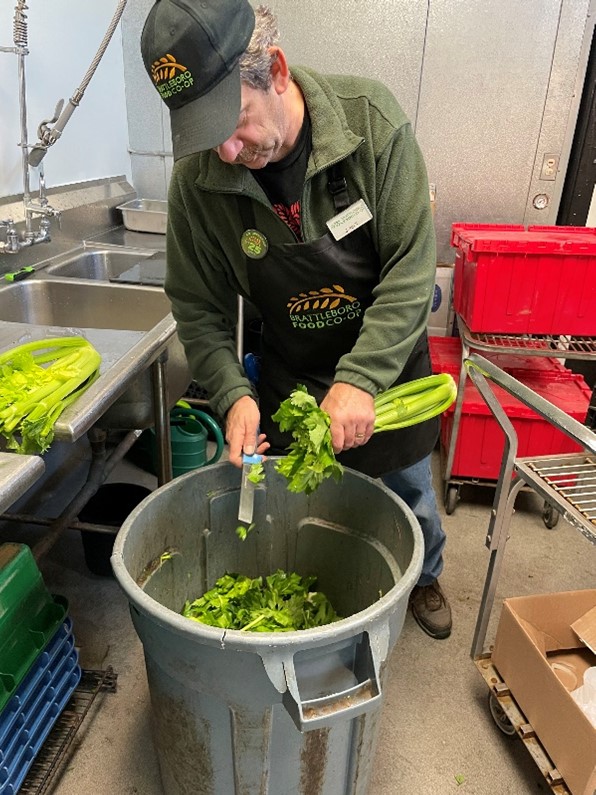
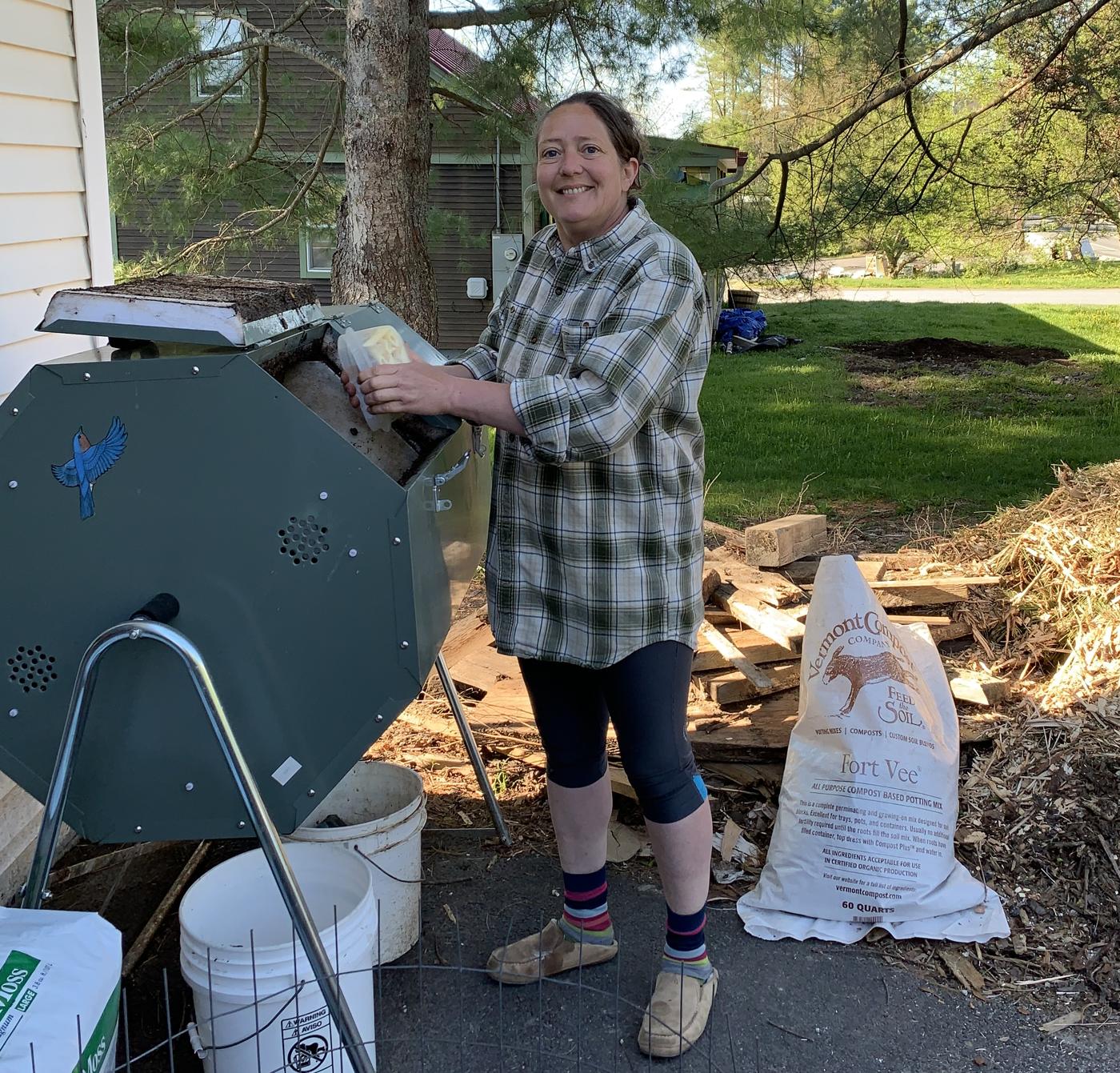
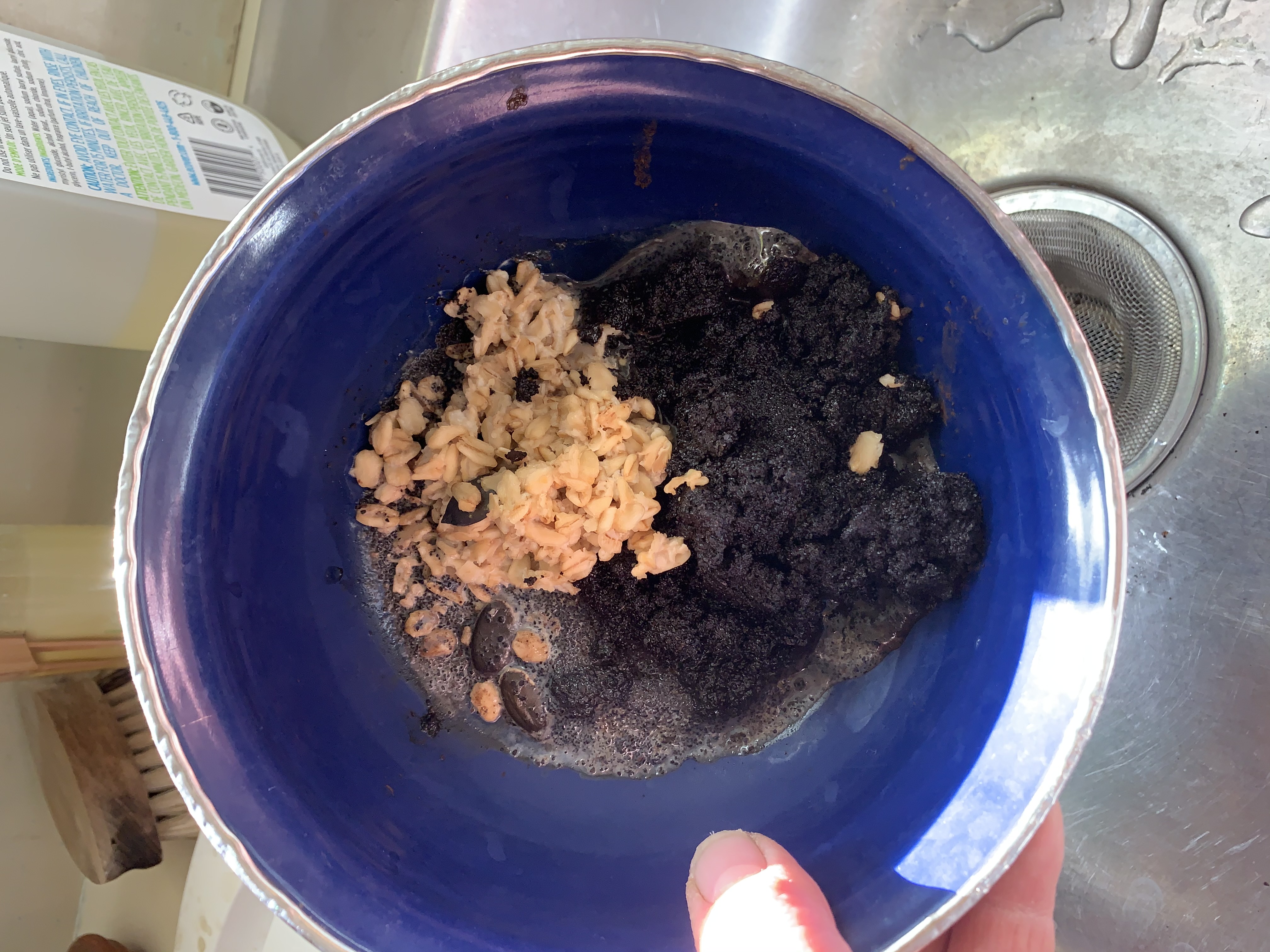
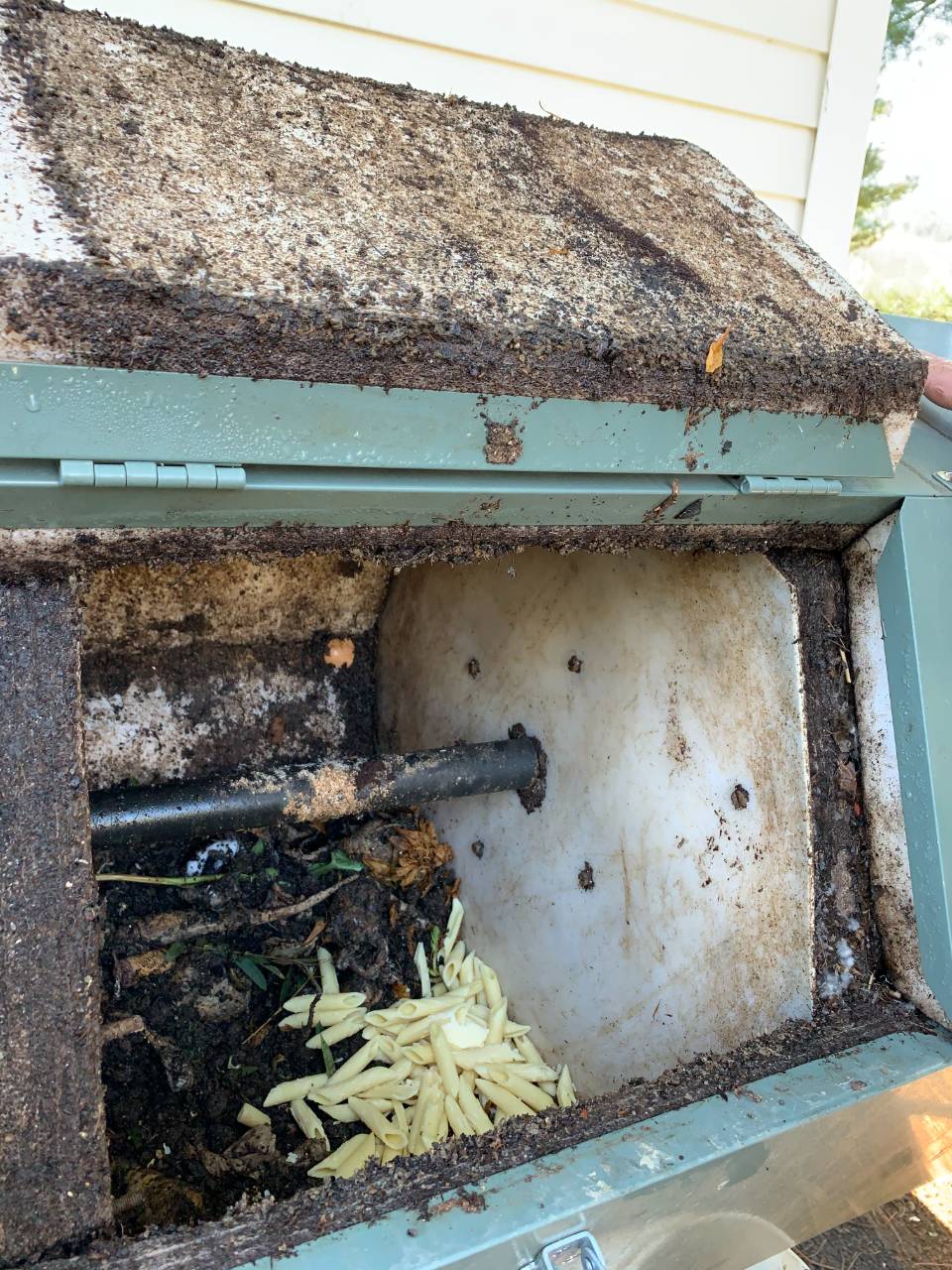
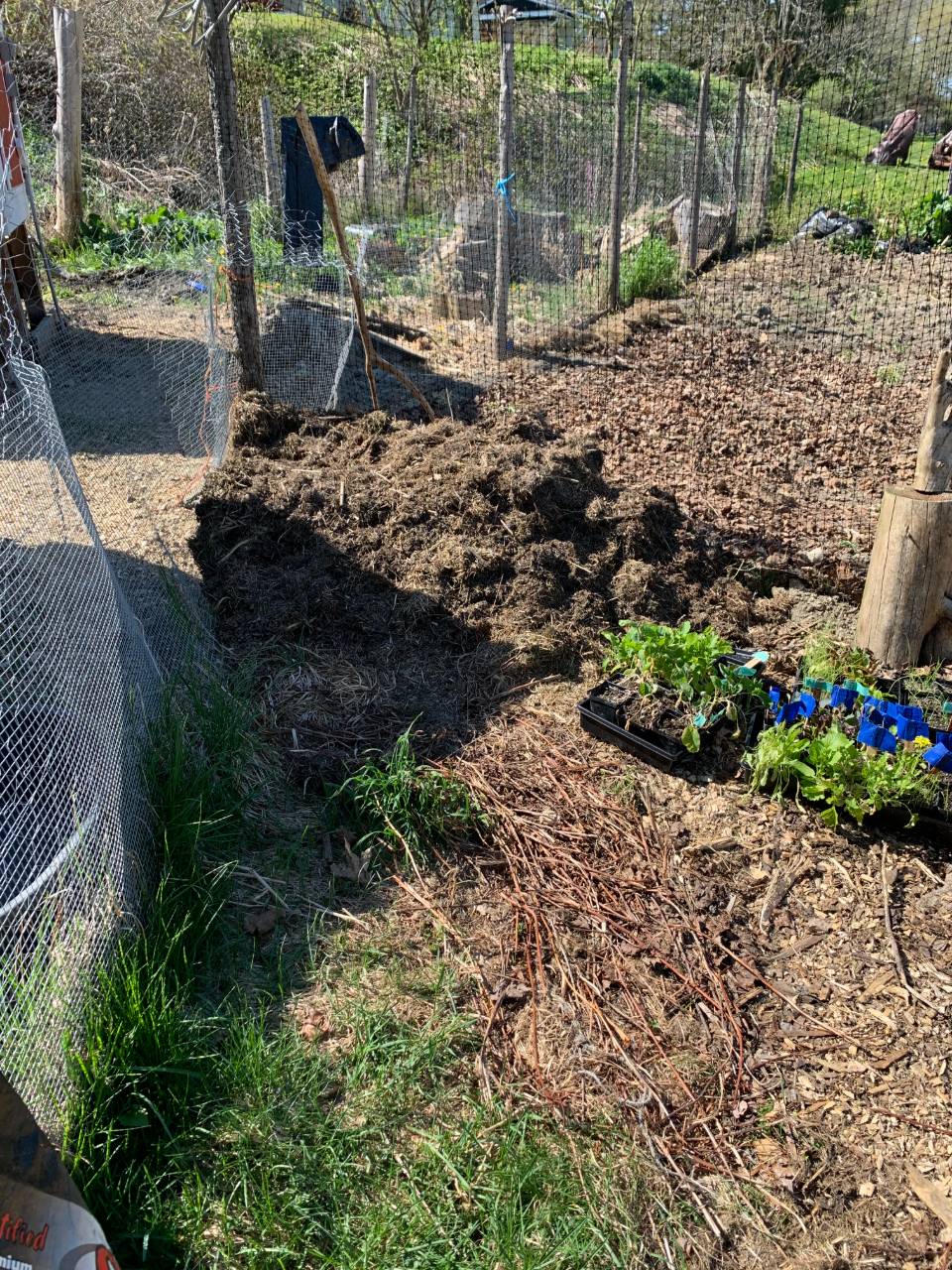
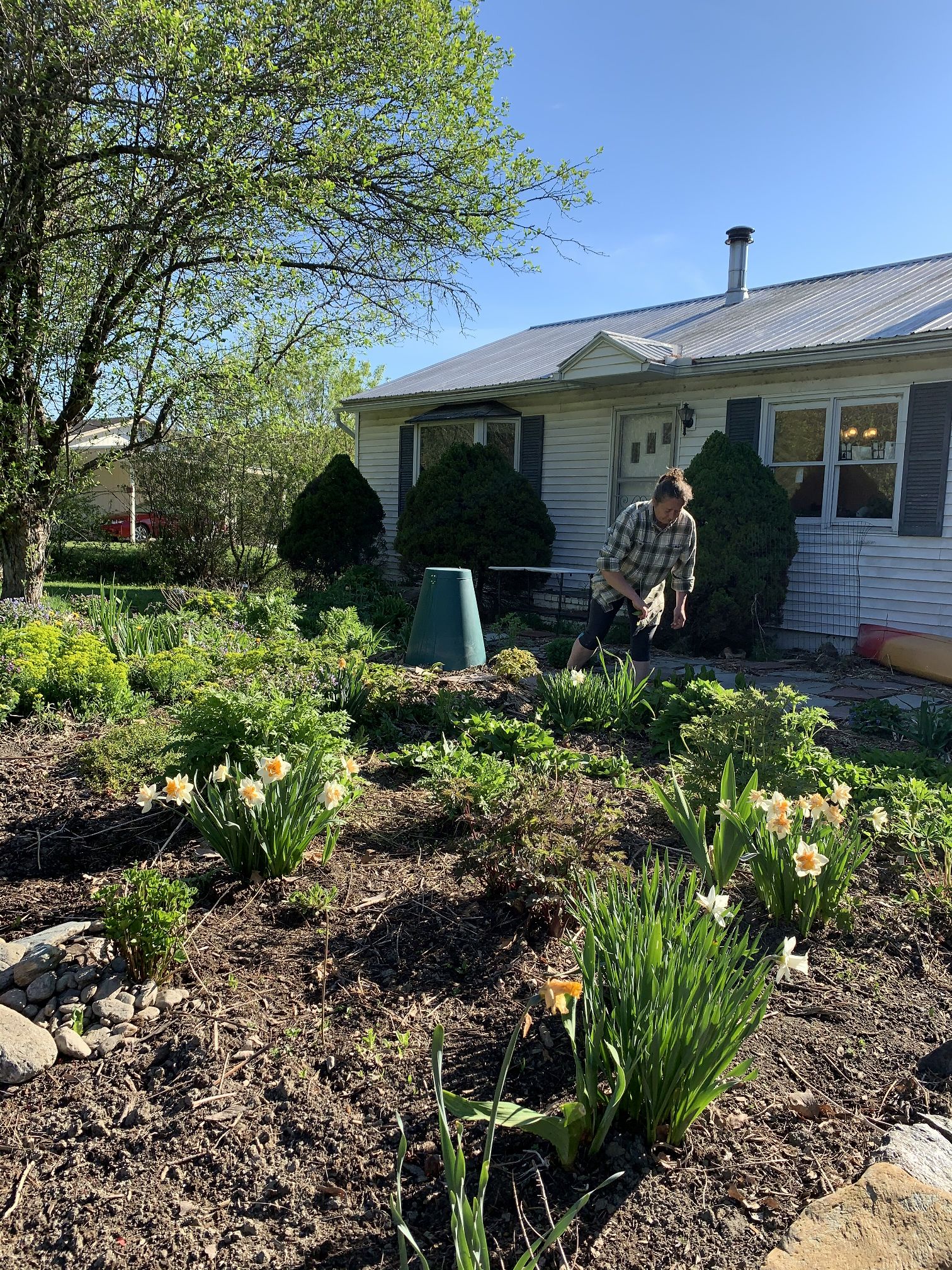
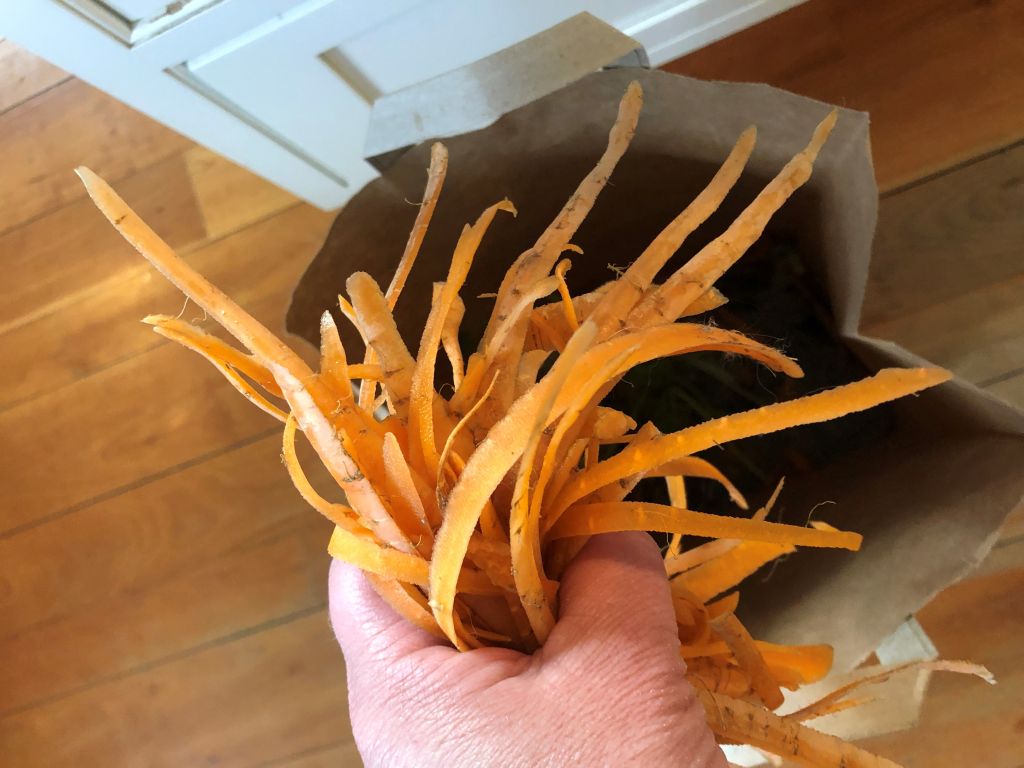
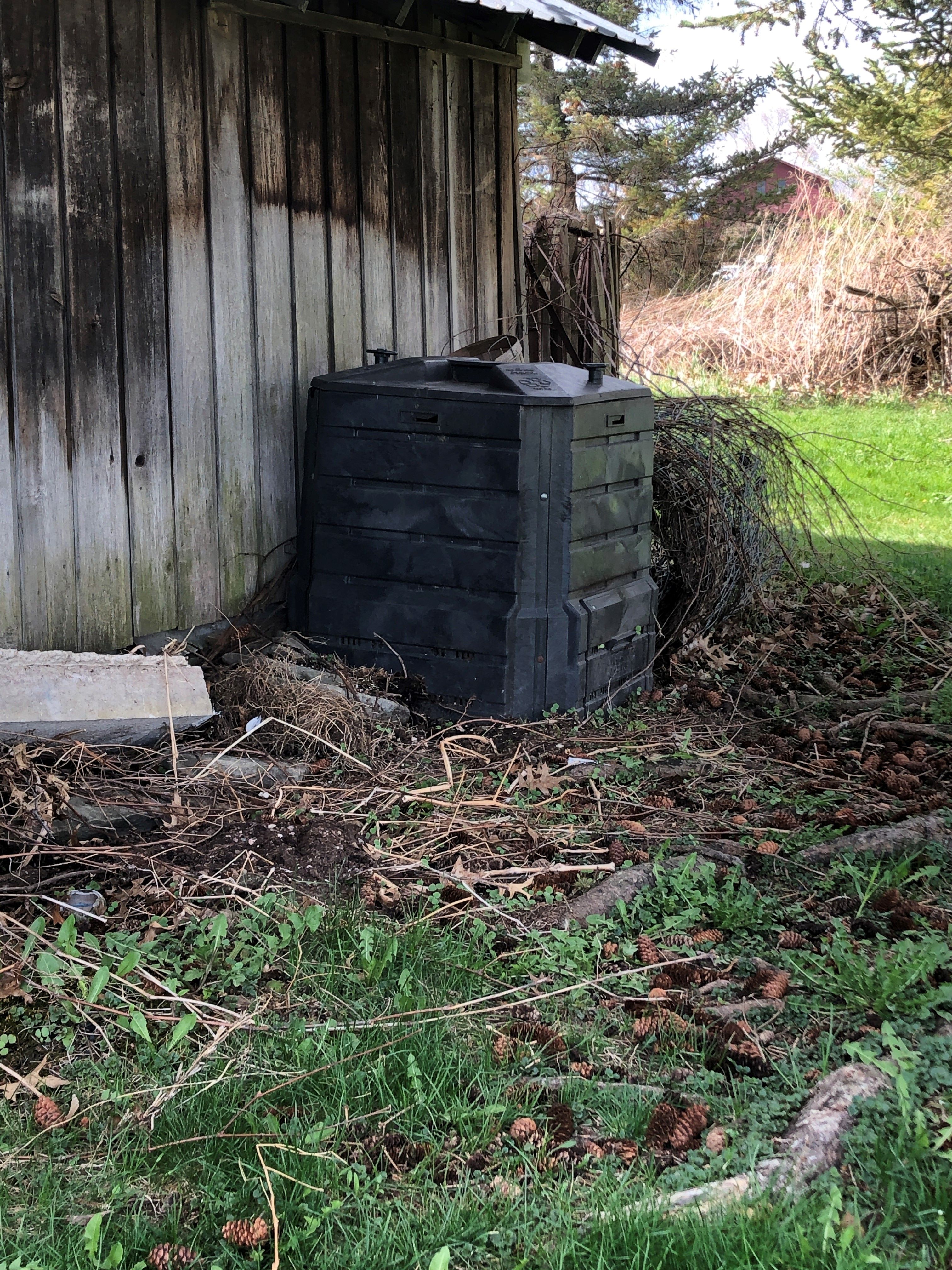
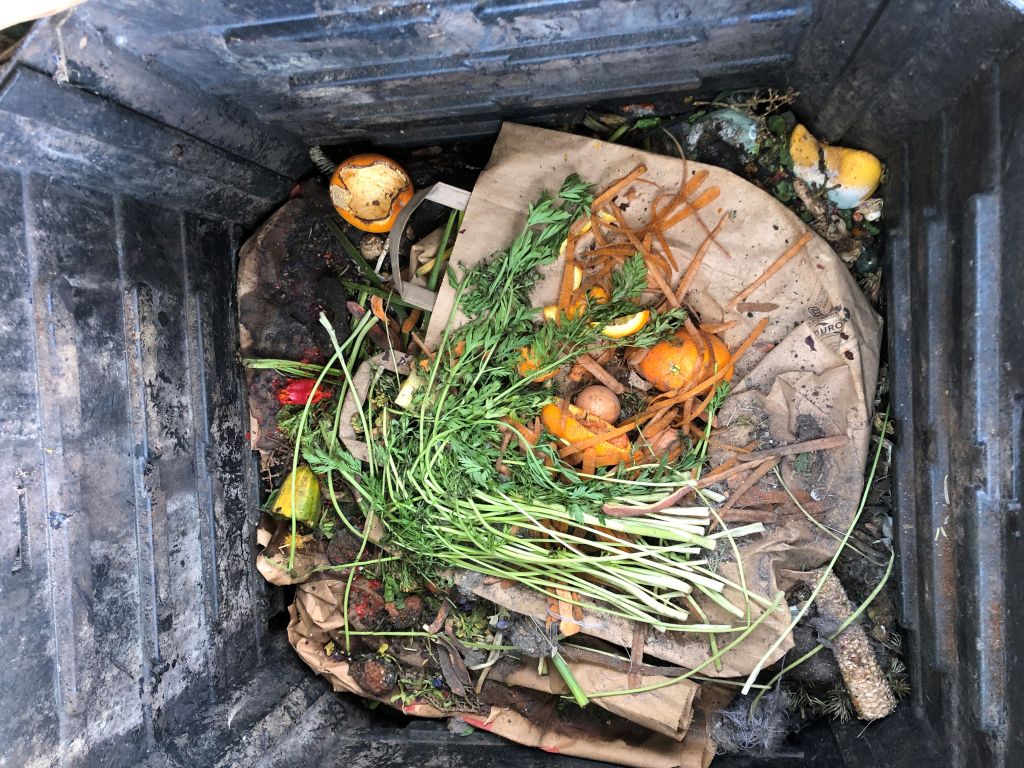
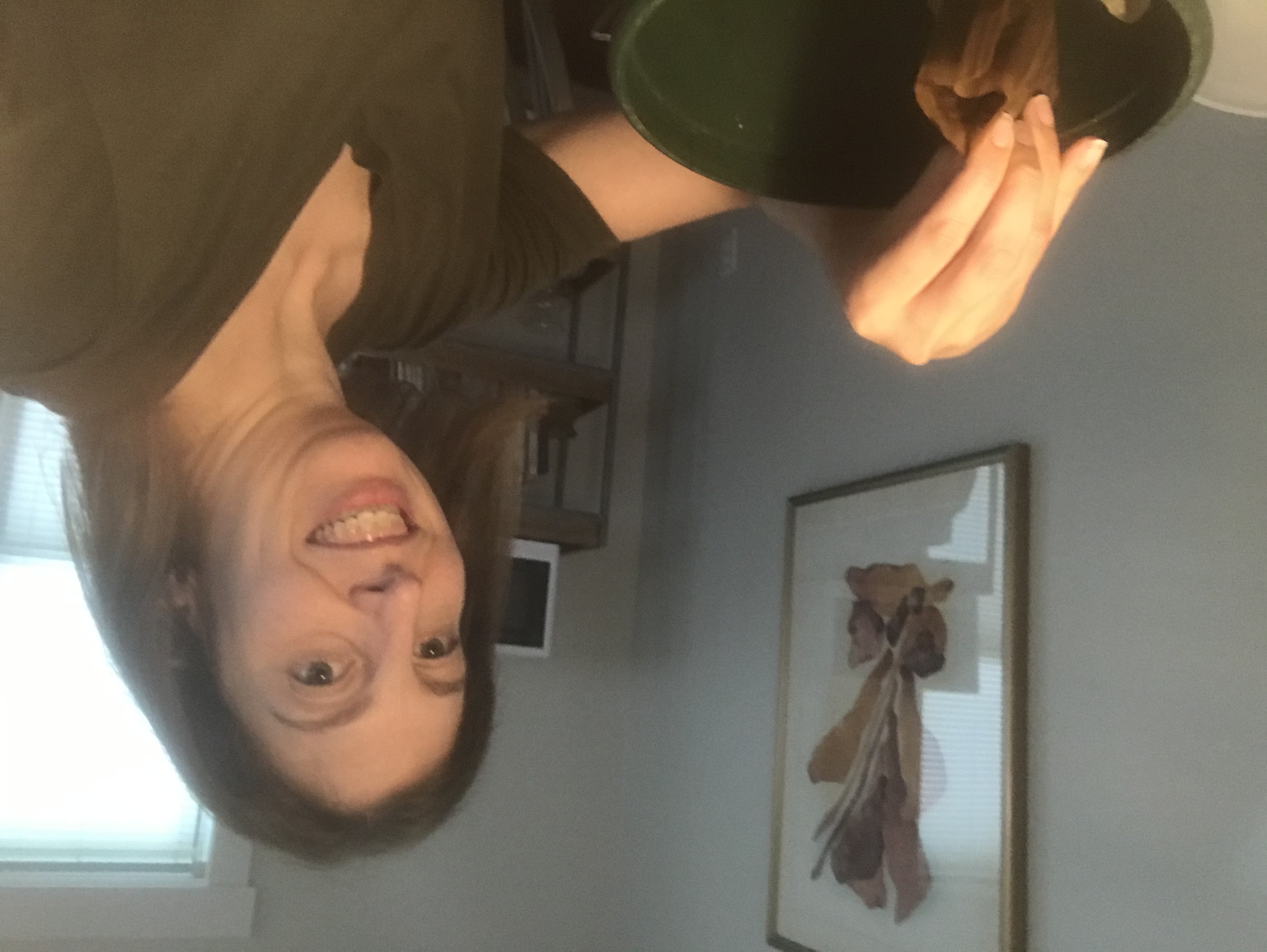
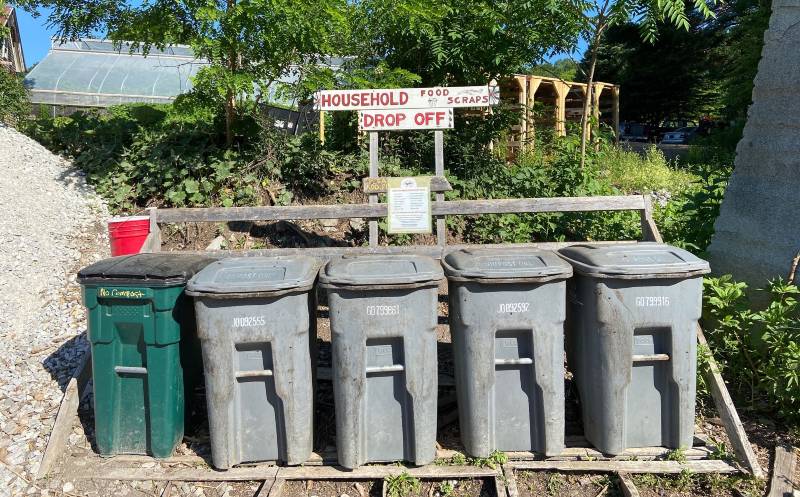
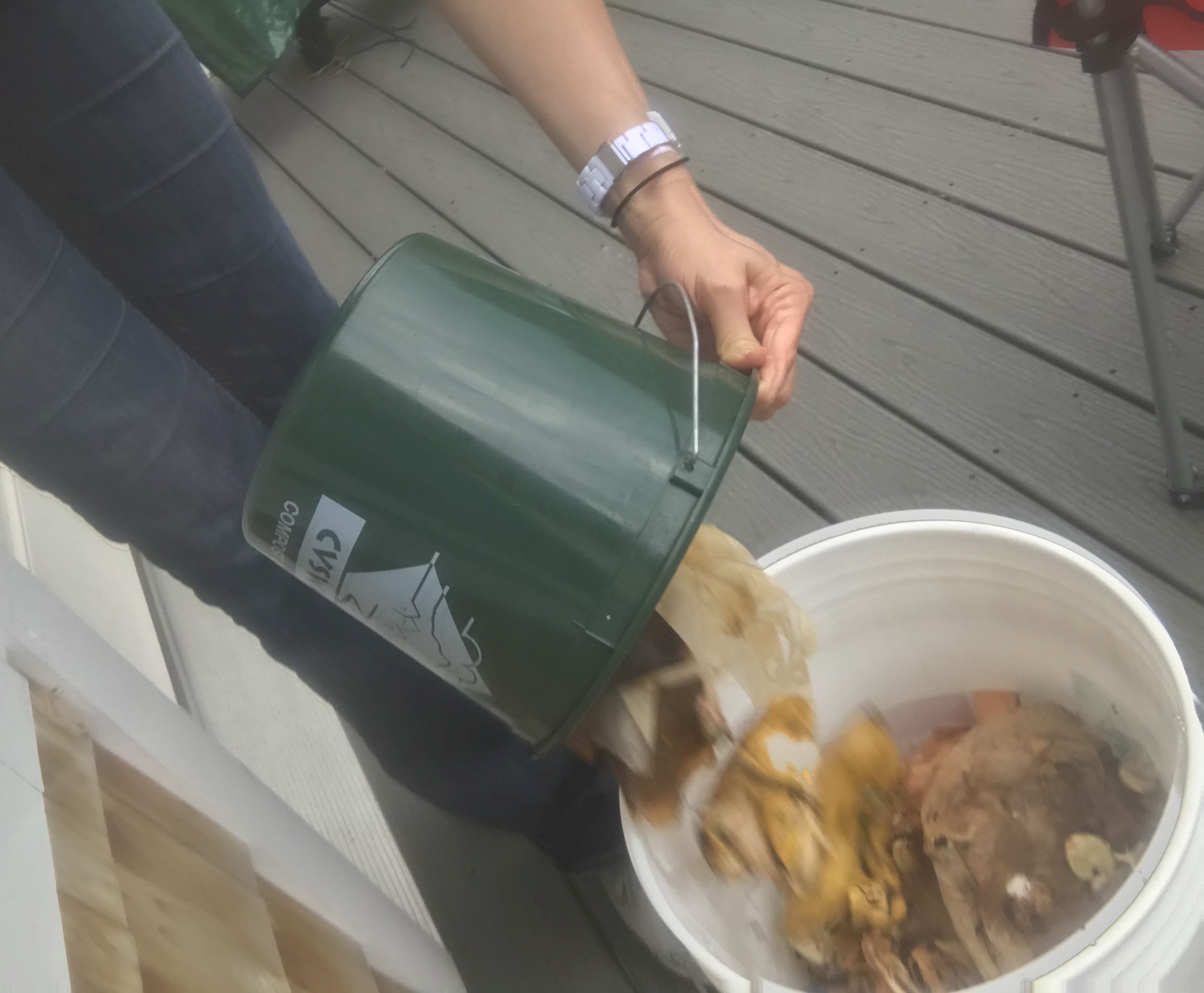
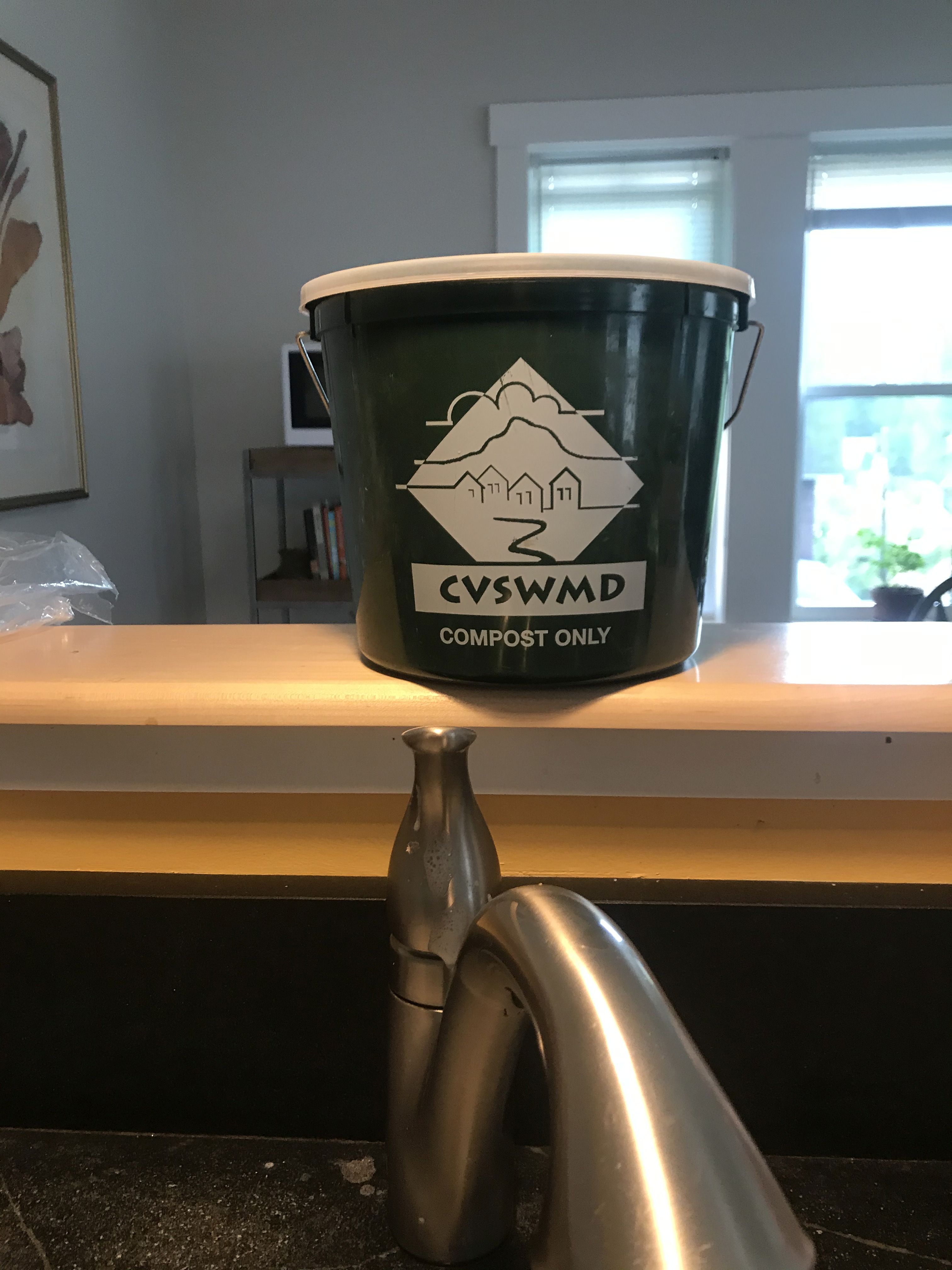
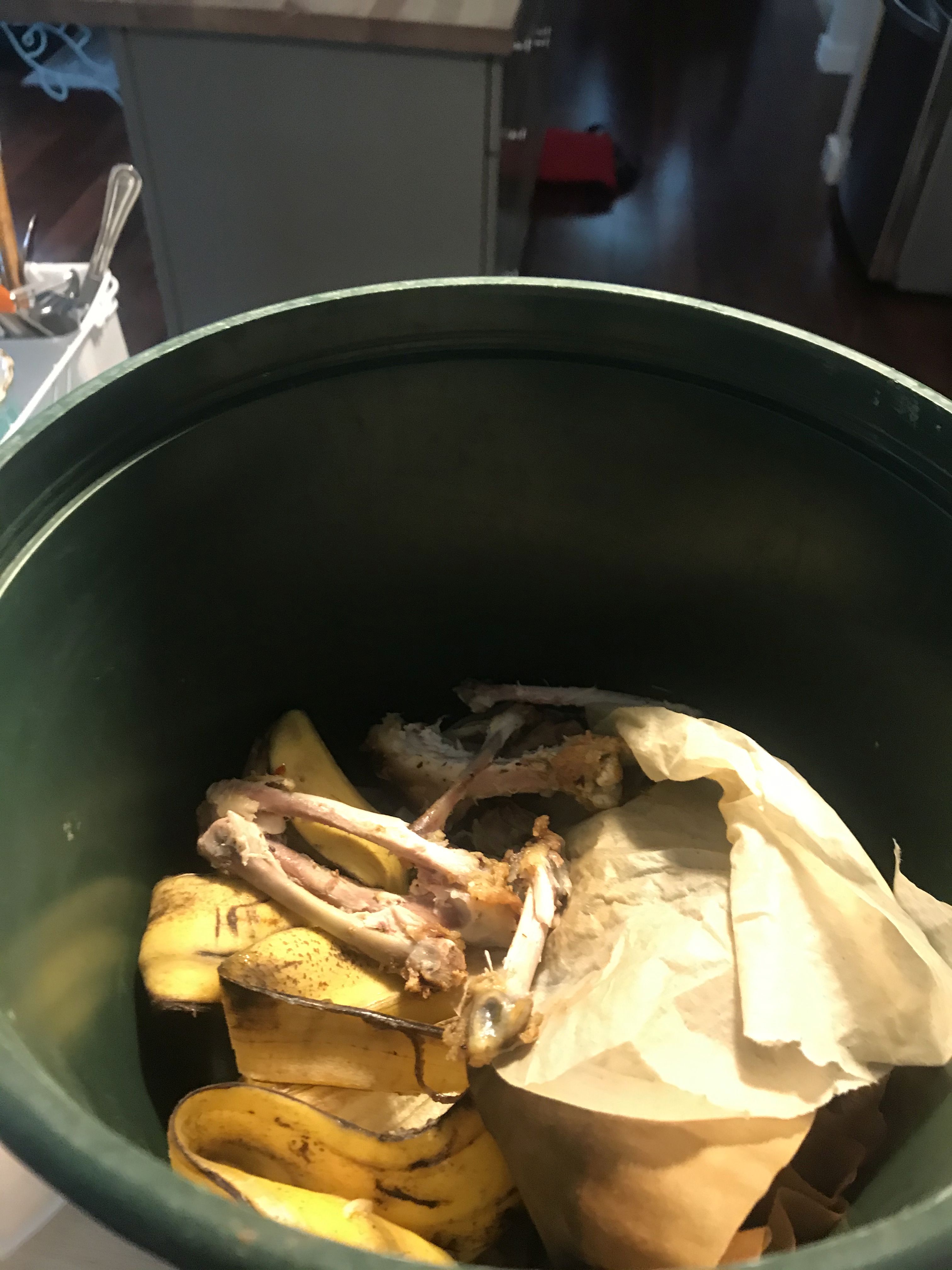
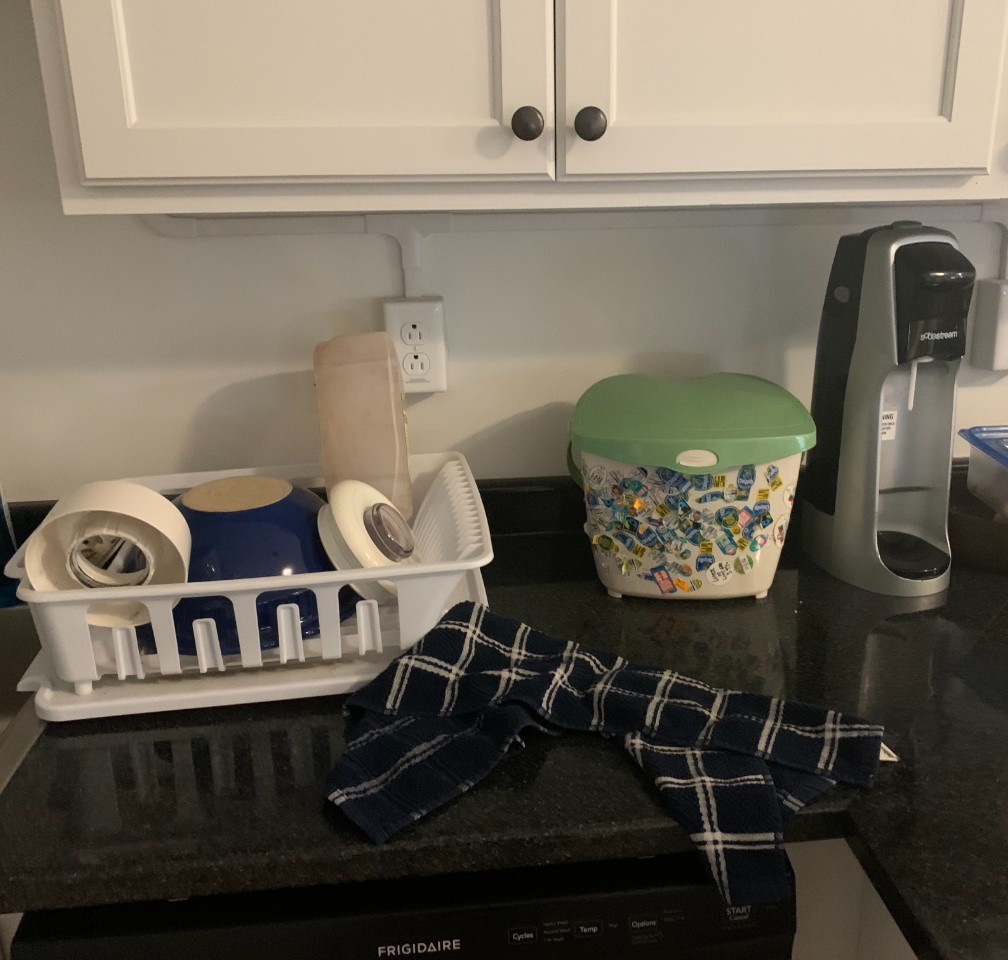
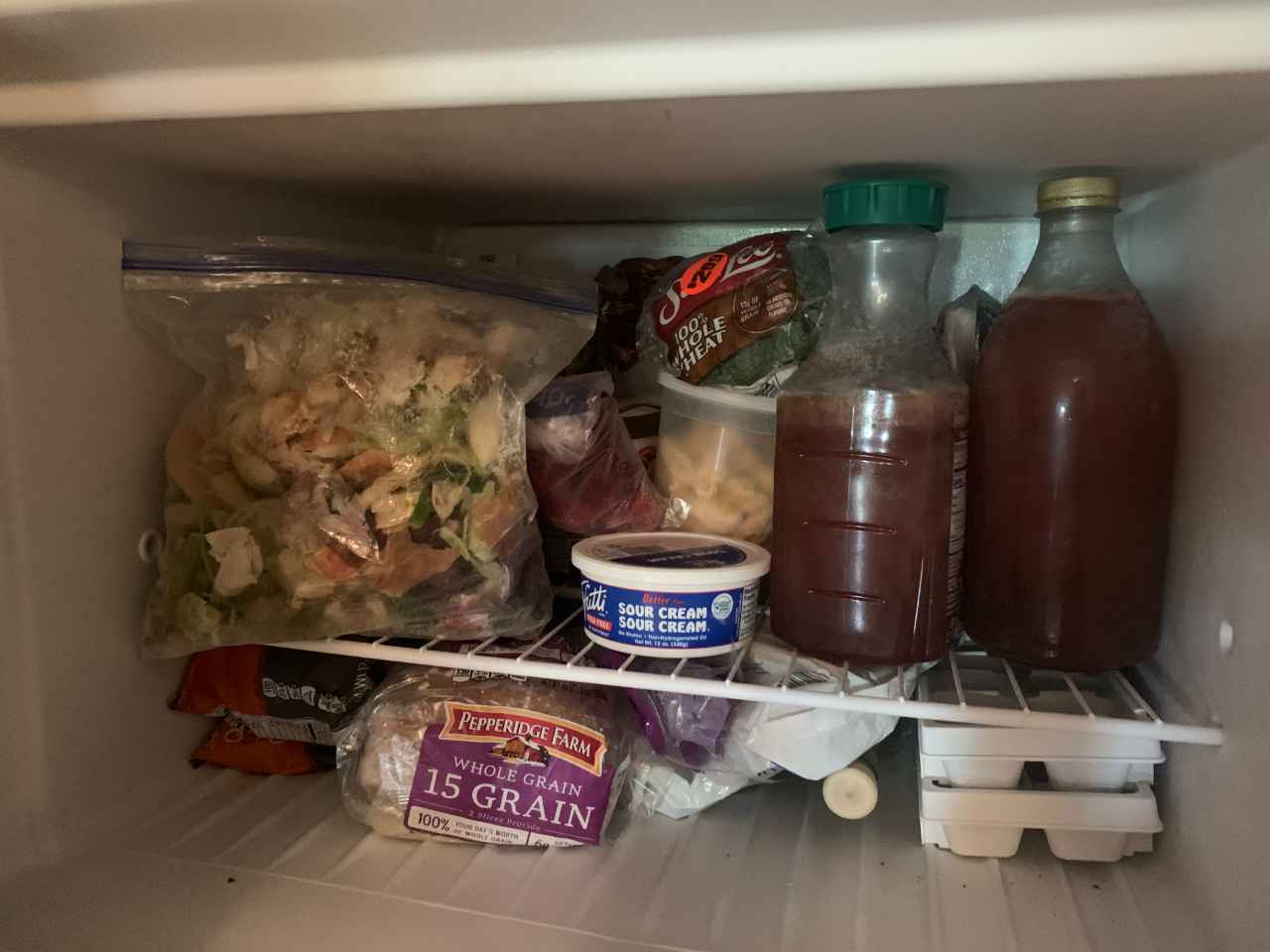
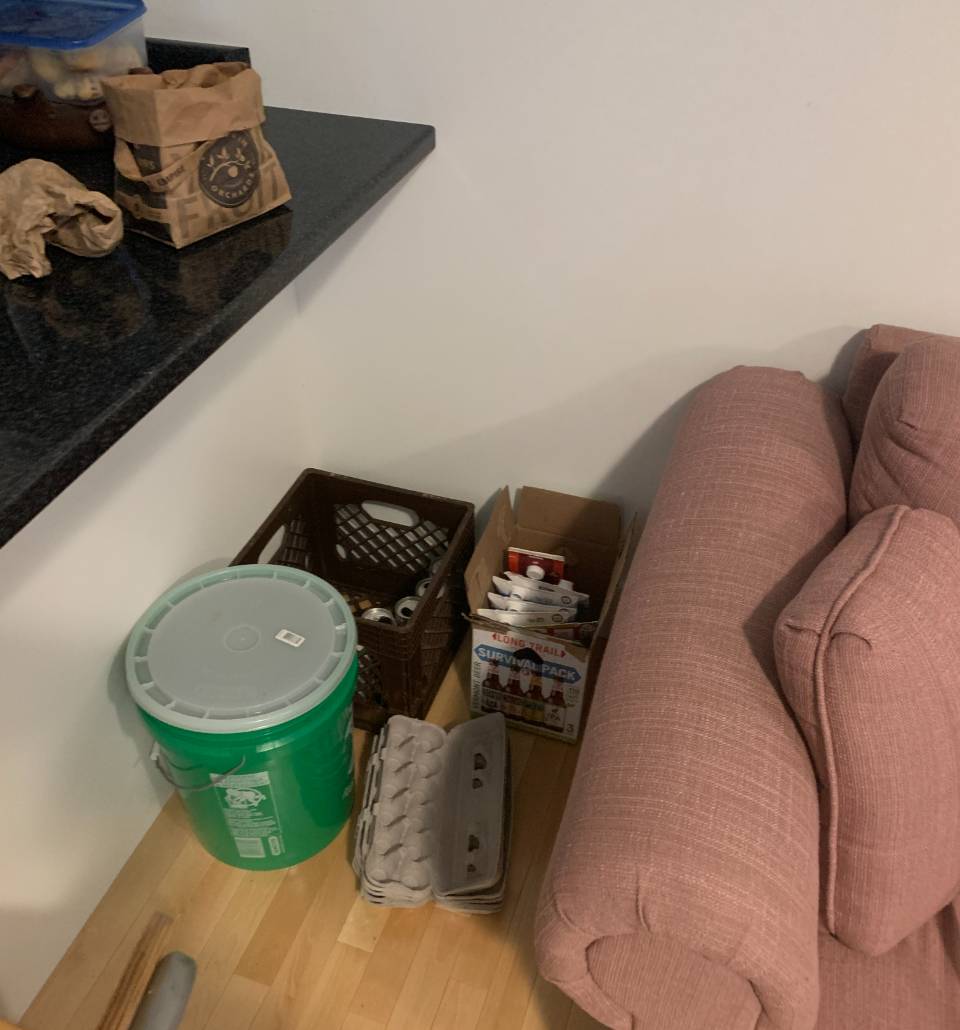
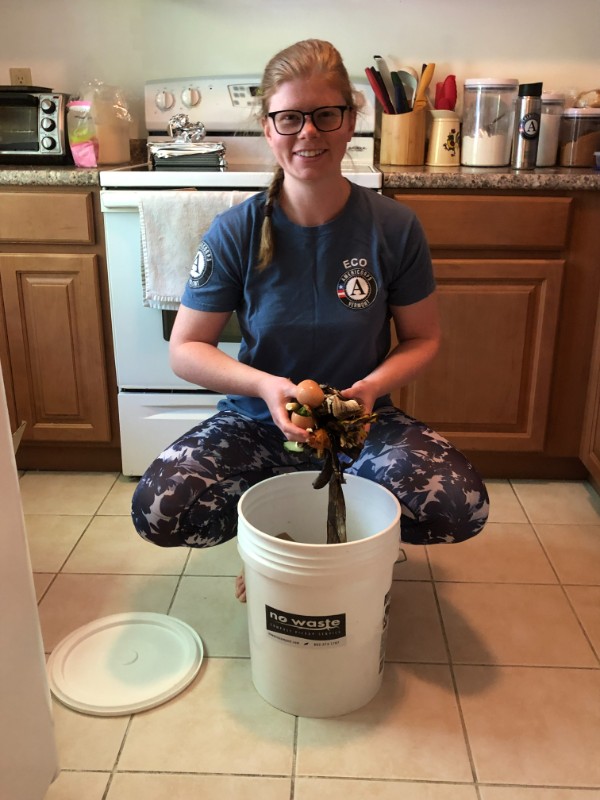
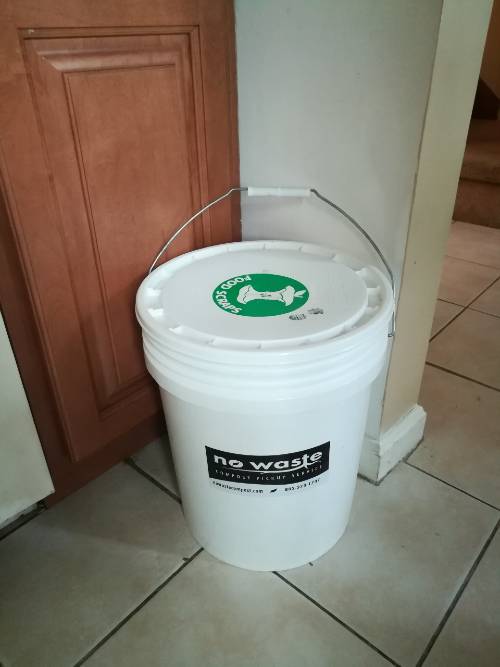
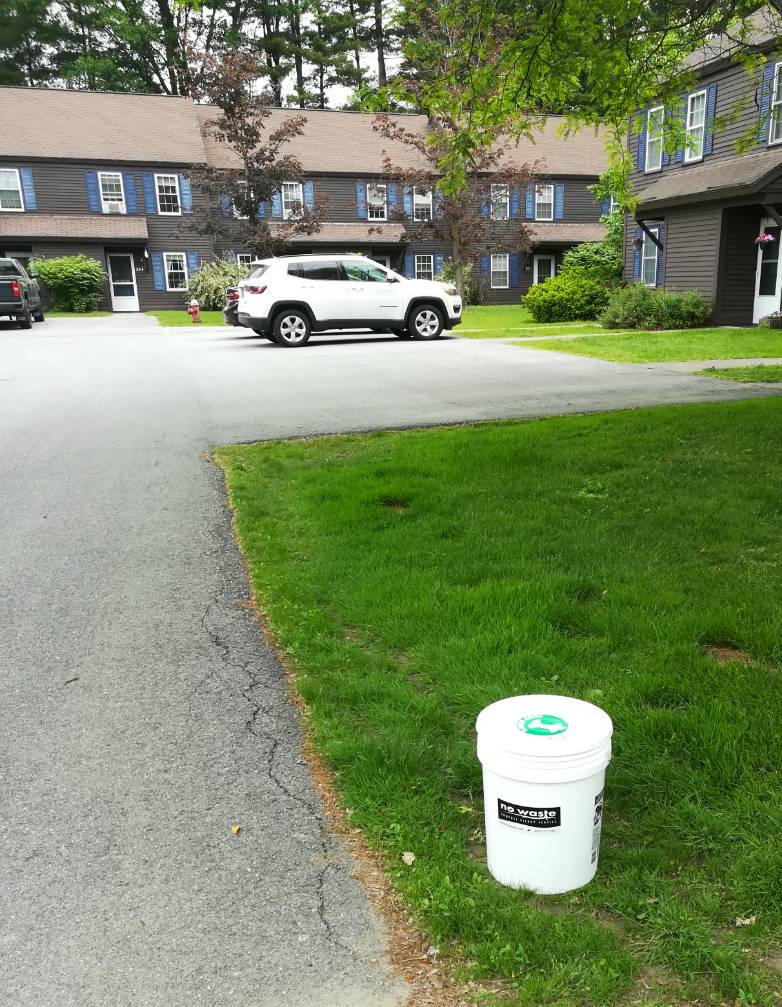
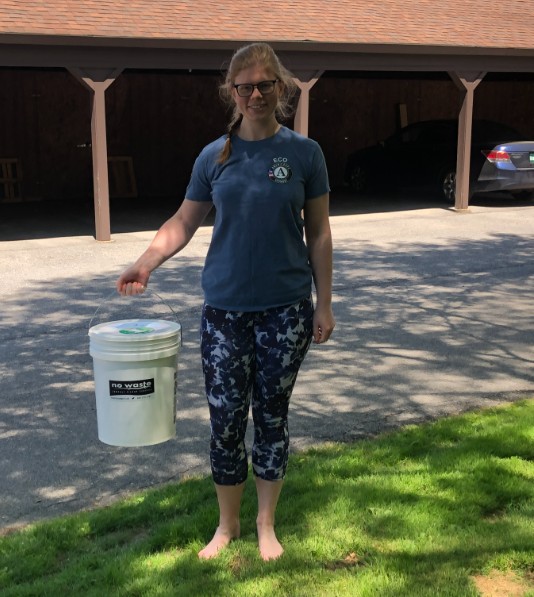 I’d say that it can be very easy and cost effective. Just like you place recycling in a different bin you can place food scraps into a compost bucket. And when you look into the impact of food scraps on landfills you will feel less guilty every time you put peelings in the bucket or throw that forgotten, rotten cucumber into the compost. Once you start you may notice some real behavior changes and know that you are taking steps towards reducing your environmental footprint.
I’d say that it can be very easy and cost effective. Just like you place recycling in a different bin you can place food scraps into a compost bucket. And when you look into the impact of food scraps on landfills you will feel less guilty every time you put peelings in the bucket or throw that forgotten, rotten cucumber into the compost. Once you start you may notice some real behavior changes and know that you are taking steps towards reducing your environmental footprint. 